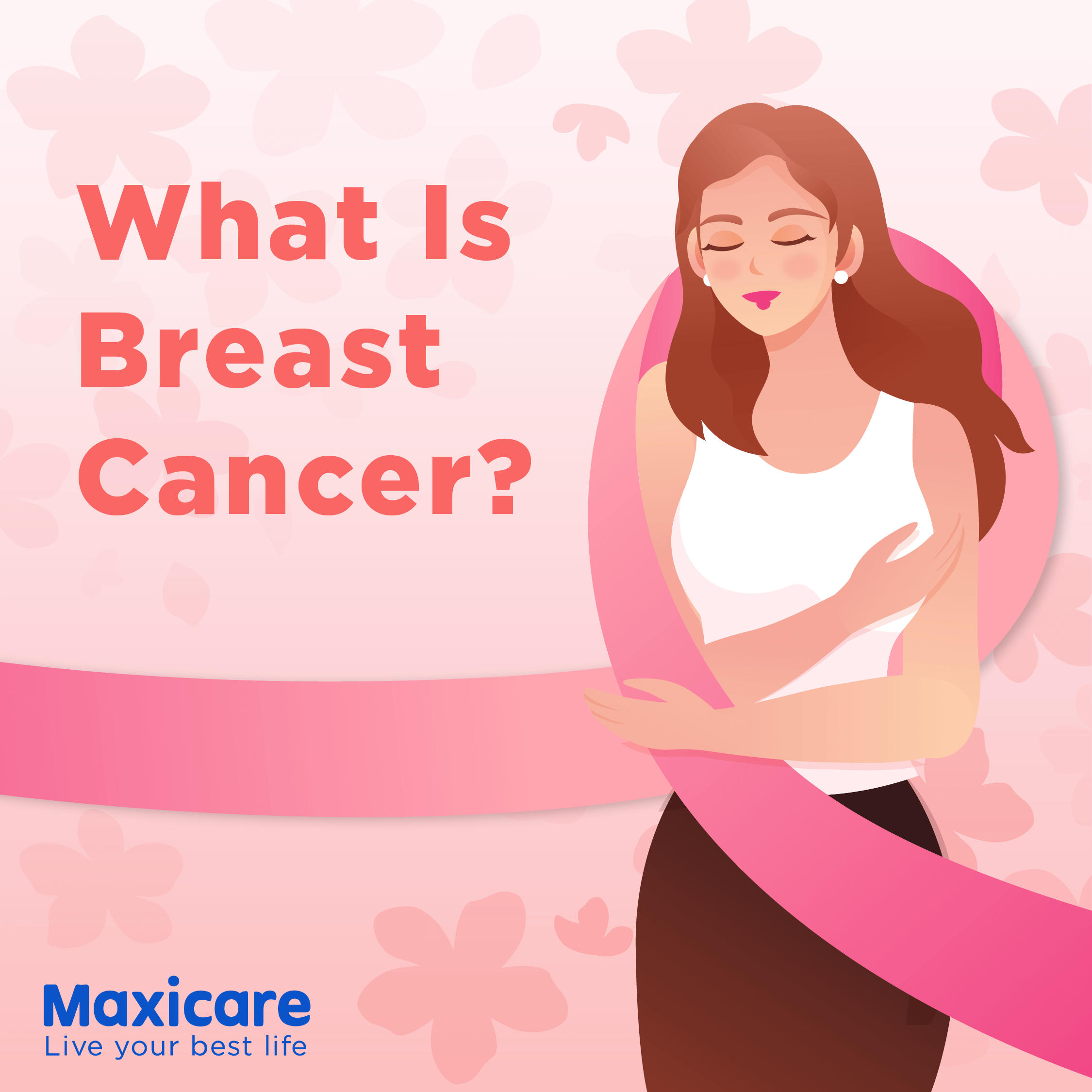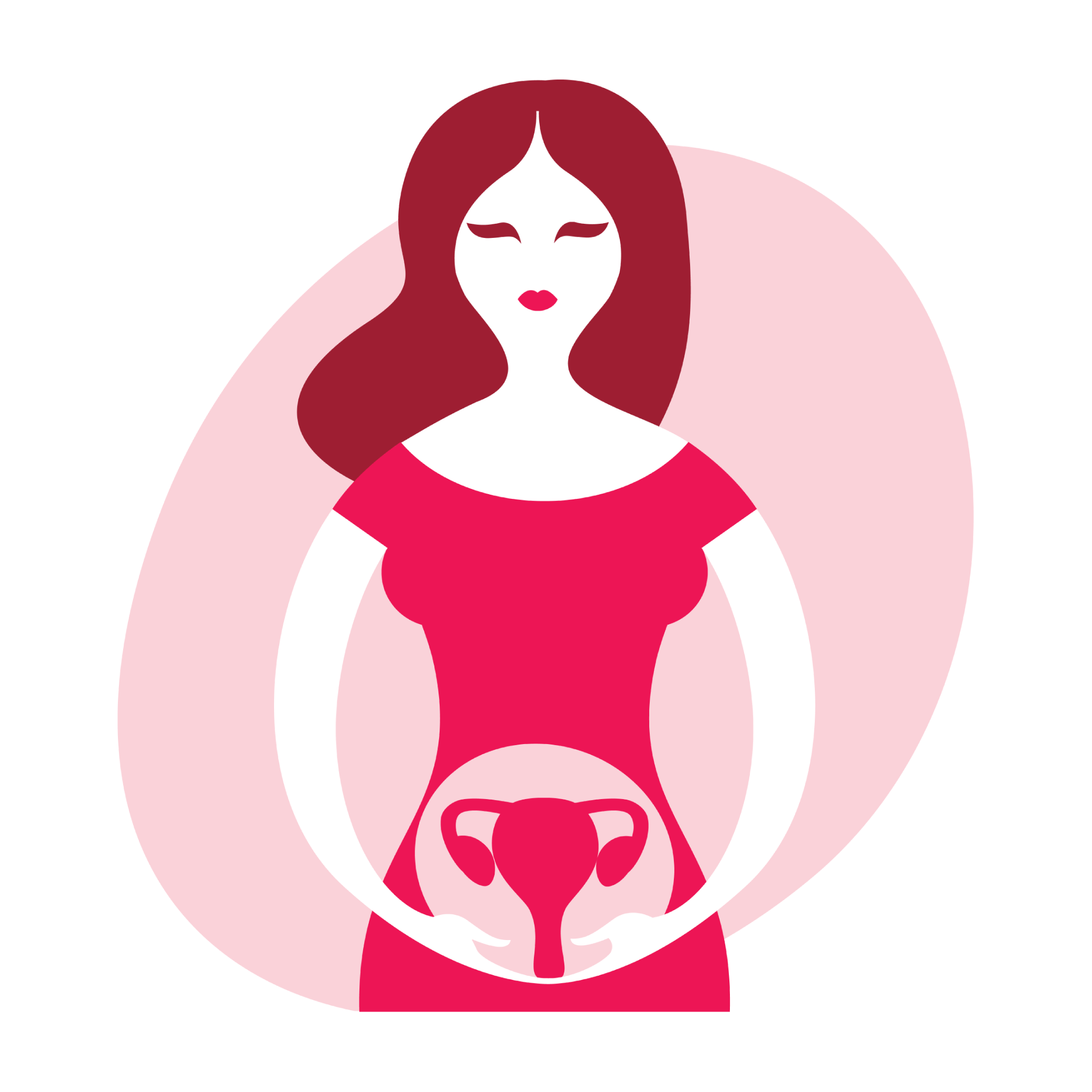
October is Breast Cancer Awareness Month. This is a disease that affects many people all over the world, making it a big health concern. While it isn’t always preventable, there are steps people can take to keep abreast of breast cancer. So, here’s a short primer on breast cancer and how you can take steps to prevent it.
What Is Breast Cancer?
Breast cancer starts when cells in the breast begin to grow out of control. The type of breast cancer is determined by the specific cells in the breast that become cancerous. Most breast lumps are benign and not malignant. However, some breast lumps can increase a woman’s risk of getting breast cancer. Thus, any breast lump must be checked by a doctor to confirm if it can affect your future cancer risk.
Symptoms to Look Out For
Here are a few signs to check for when self-checking your breasts.
- Breast lump or thickening of any part of the breast
- Changes to the skin over the breast, such as dimpling, peeling, and scaling
- A nipple turning inward
- Nipple discharge other than breast milk
- Pain in any area of the breast
- Any change in the size or shape of the breast
Keep in mind that these symptoms will happen with other conditions that are not cancer, so don’t automatically assume that you have cancer. If you exhibit a few of these symptoms, it’s best to see a specialist to make sure.
Risk Factors
Most breast cancers are found in women who are 50 years old or older. Some women will get breast cancer even without any other risk factors that they know of.
Having a risk factor does not mean you will get the disease, and not all risk factors have the same effect. If you have risk factors, talk with your doctor about lowering your risk and screening for breast cancer.
Prevention
While these aren’t 100% guaranteed to prevent breast cancer, they can improve your chances of not getting it.
Keep a healthy weight
An increase in your body weight won’t automatically mean you have cancer. However, this has been linked to the development of breast cancer after menopause. So, keep your weight at a healthy level as much as you can.
Be physically active
This is in conjunction with the first item on this list. Regular exercise can help you maintain a healthy weight and reduce breast cancer risk. Aim for at least 150 minutes of moderate aerobic activity each week.
Avoid alcohol or drink it in moderation
Drinking more alcohol increases breast cancer risk. It’s best to limit your intake to one drink a day, which is the equivalent of 12 ounces of beer or its equivalent.
Breastfeed your children, if possible
For moms, breastfeeding might offer some protection against breast cancer. The longer you breastfeed, the more potential benefits you may gain.
Consult a doctor before taking hormone replacement therapy or oral contraceptives. If you have a family history of breast cancer, talk to your doctor about other ways to lower your risk
Five steps to a breast self-examination
Early detection of breast cancer can make all the difference. It’s important to take control of your health and perform regular breast self-exams. By following these five simple steps, you can stay ahead of any potential issues and ensure the best possible outcome for your health.
- Stand in front of a mirror and place your hands on your hips. Look at your breasts and check for any of the following changes: a lump, hard knot, thickening, swelling, warmth, redness, darkening, change in size or shape of the breast, dimpling or puckering of the skin, or nipple changes such as itchiness, scaly sores, bloody discharge, or dimpling.
- Raise both your arms and look for the same changes.
- Check for fluid coming out of one or both nipples. This could be a watery, milky, or yellow fluid or blood.
- Lie down on your back and place your right arm behind your head. Use your left hand to feel your right breast from top to bottom. Then, change arms and repeat the same process on your left breast.
- Finally, stand up and repeat the same process as step 4 on both breasts.
If you find any unusual changes during the examination, consult a doctor immediately. Remember, early detection can save lives.
Get your regular examination done at a Maxicare Primary Care Clinic, where you can also have laboratory tests done. For any health concern, consult a doctor immediately via the Maxicare 24/7 Teleconsult or Videoconsult services powered by Doctor Anywhere. HomeCare medical procedures are available upon request in Metro Manila and selected provinces.







